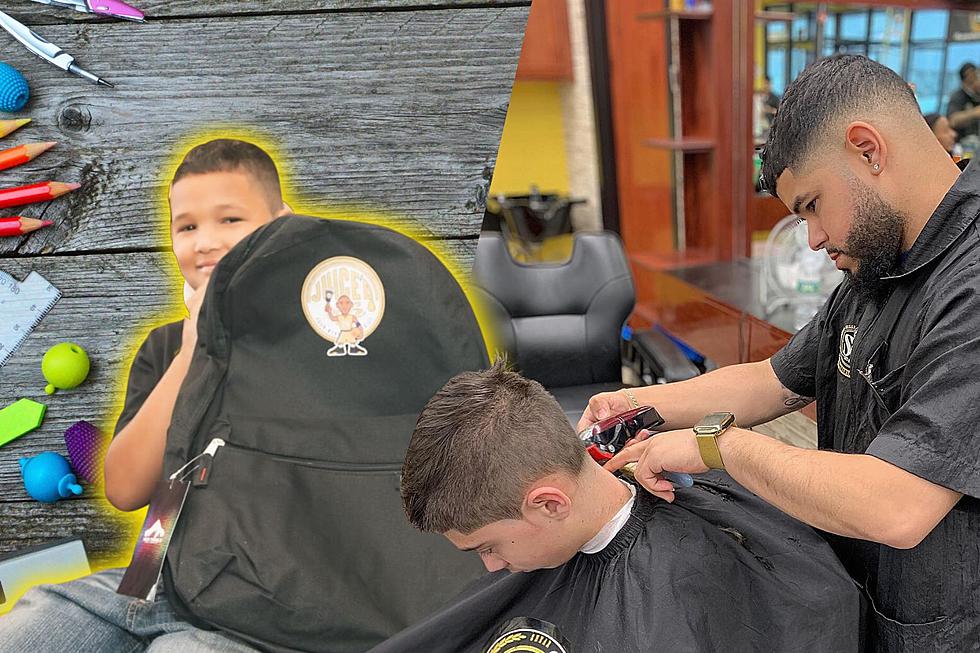
Teaching Children About Money
Whether to your own children, grandchildren, and nieces and nephews or the child of a close friend, one of the most important things you can teach is how to manage money and invest for the future.
The Three-Jar Allowance
To learn how to manage money, children need some money to manage. Typically, this money comes from an allowance or from doing small jobs for friends and neighbors. As a first step, you'll have to decide how much the allowance should be and whether it should be linked to jobs they are required to do.
As fair warning, both are matters of heated debate, so it's worth doing some research and weighing what you're comfortable with. For example, if you expect an older child to use some of the allowance for necessities like clothing and school supplies, you may decide she needs a larger amount than if you'll be paying those bills yourself. Whatever you decide, though, remember that the overall goal is to use the allowance as a way of teaching how to create a spending plan and live by it.
The overall goal is to use the allowance as a way of teaching how to create a spending plan and live by it. One popular suggestion, especially for younger children, is to illustrate the concept of budgeting by using three clear jars that represent current expenses, short-term savings, and long-term savings. Separating cash into jars makes it easy to compare the results of spending and saving. But don't wait too long to open a savings account for their short-term savings and an investment account, such as a Term Certificate, for their long-term accounts with First Citizens’ Federal Credit Union.
If you want to encourage charitable giving, you can use a fourth jar, set a fixed percentage of the total, such as 10 percent, and encourage putting money in that jar as well.
Spending vs. Saving and Investing
To help children decide how much should go into spending and how much into saving, you can help them figure out how much they'll need for regular weekly expenses, such as lunch money or whatever else you agree on. You might suggest keeping careful track of a week's worth of spending and use that amount as a starting point. Part of the conversation should focus on the fact that budgeting always involves making adjustments. The goal isn't to get it right the first time, but to come up with a workable allocation of money.
Next, talk about money for short-term savings goals. Children's goals vary substantially, based on their age and concept of time, but might include toys, sports equipment, electronic devices, special clothes, or other big-ticket items. You may want to suggest saving for one item at a time and help them figure out how much they'll need to save each week to reach their goal in a realistic amount of time. But you'll probably want to let them discover for themselves that not all goals are worth the time and effort it takes to reach them.
Finally, be sure to encourage them to set aside a regular percentage for some long-term goal, however vaguely defined. For some children, saving for college means a lot. For others, the goal may be more tangible, like a car. Here, too, 10 percent of the total might be a reasonable percentage to save. As an incentive to put money into long-term savings, you might consider making a matching contribution by adding 50 cents or a dollar for every dollar your child puts in.
Opening Accounts for Children
When you're ready to open accounts for your children, discuss your options with First Citizens’ Federal Credit Union and decide how much you want to give them to start their accounts. The First Citizens’ Youth Savings and Student Checking both come with benefits and perks tailored to children.
First Citizens’ Federal Credit Union is committed to continually assisting its customers in reaching their financial goals with the very best in personal service, innovative financial products and state-of-the-art technology, all of which will help you save.
First Citizens’ Federal Credit Union opened its newest branch in Hanover, MA in December 2019 and now has 12 locations across southeastern Massachusetts and Cape Cod. First Citizens’ provides financial products and services that are easy to obtain and convenient to use, while at the same time creating and maintaining a positive presence in the communities that we serve. For more information on business loans or other services, contact us today or visit our website.

More From WFHN-FM/FUN 107







![Westport Woman Wants to Improve Your Relationship With Money [TOWNSQUARE SUNDAY]](http://townsquare.media/site/518/files/2018/07/RS2395_122486570.jpg?w=980&q=75)

